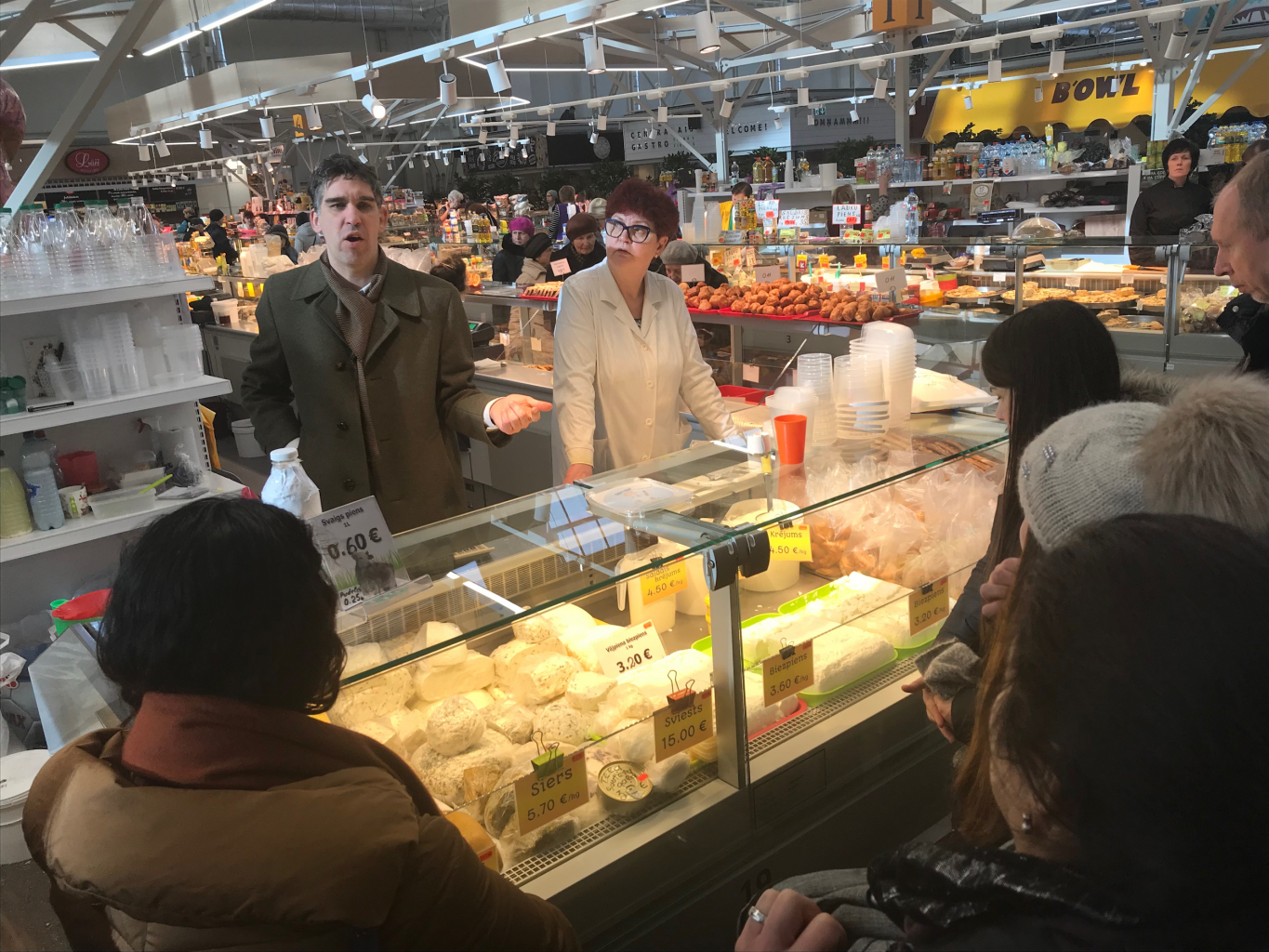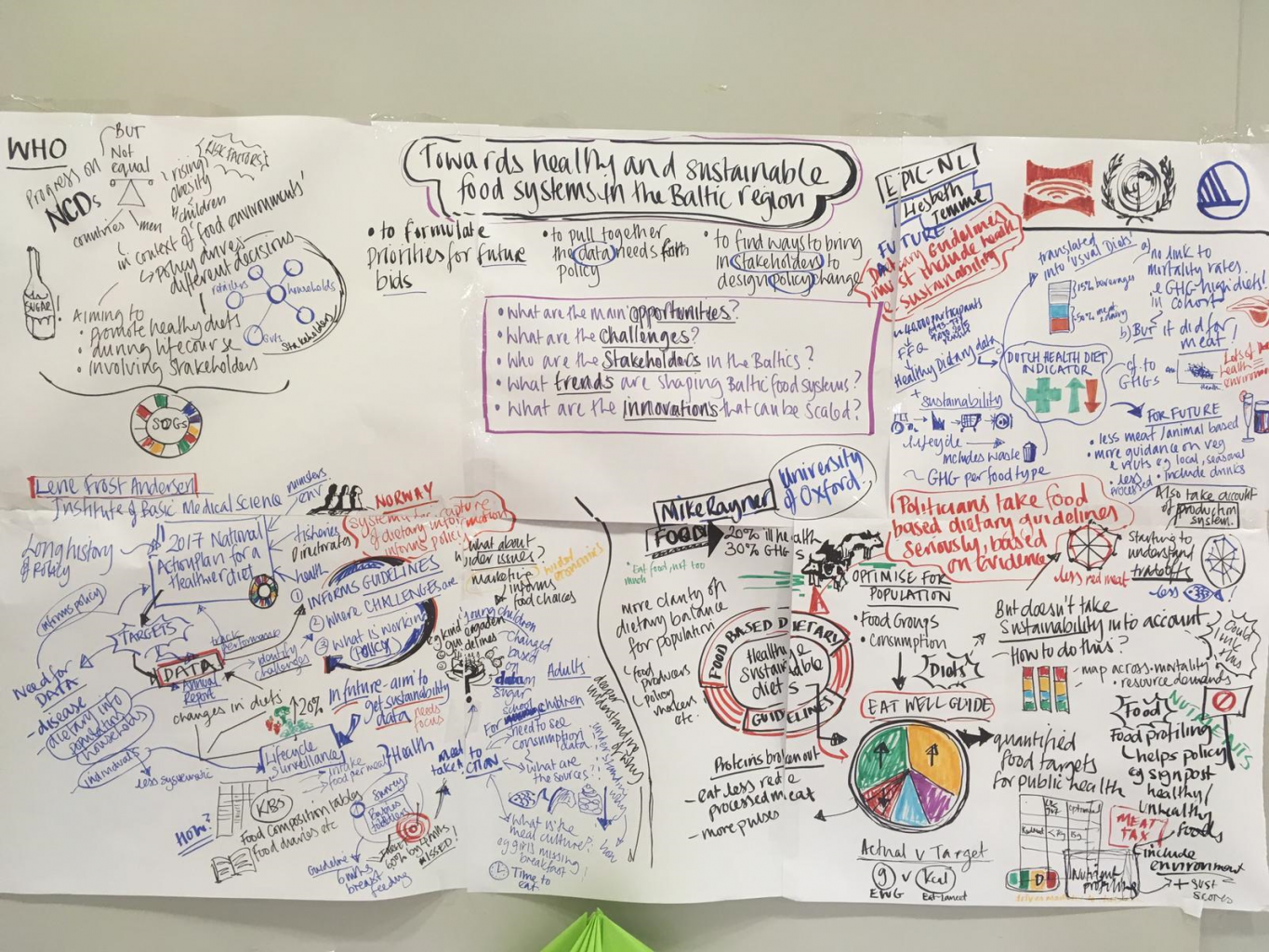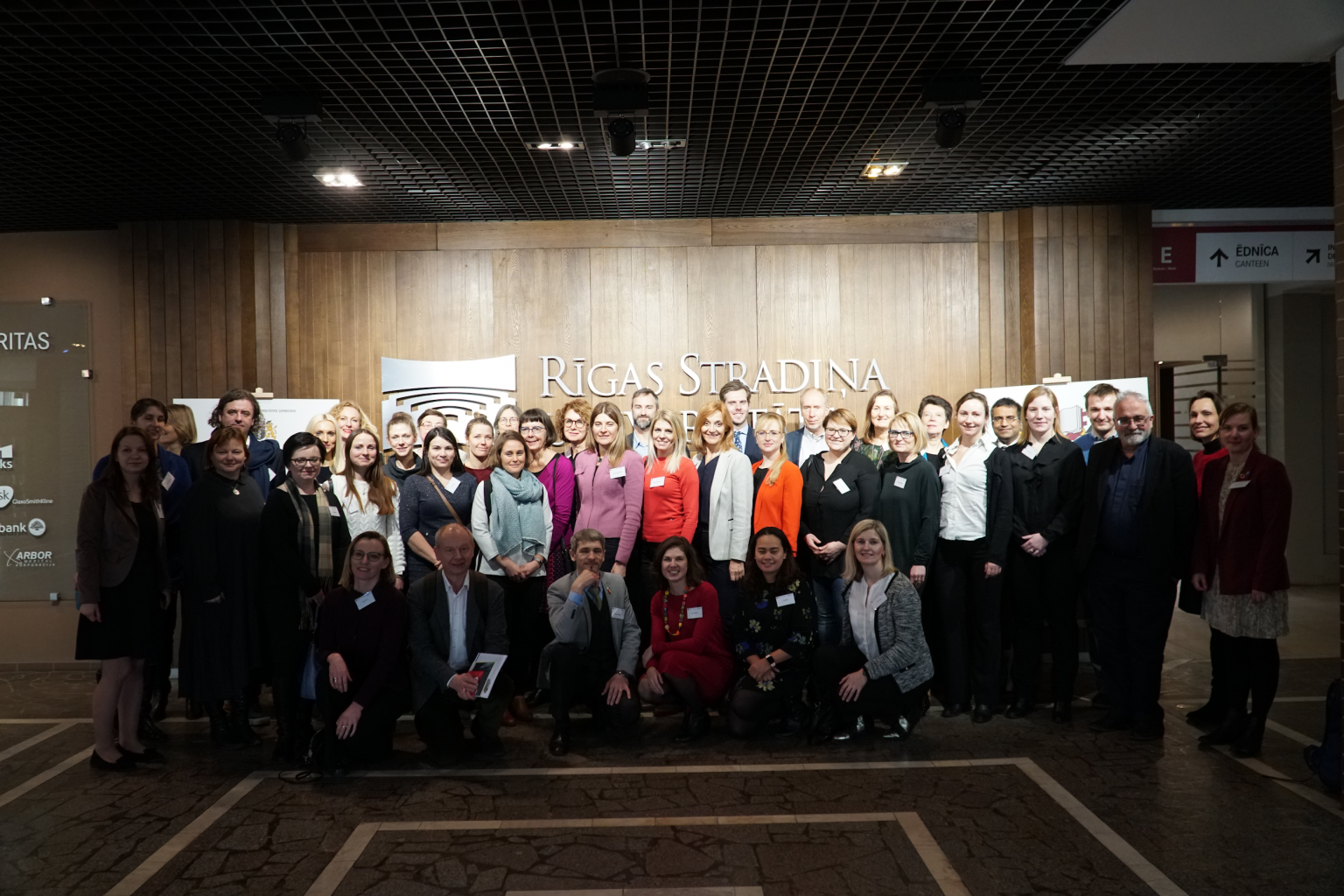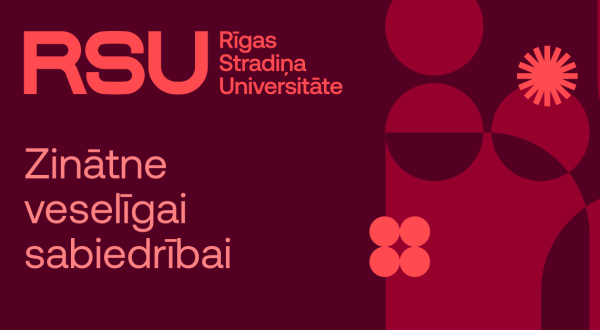In the spirit of collaboration: transitioning to more sustainable and healthy diets in the Baltic region
Is a healthy and sustainable diet just an abstract and unachievable idea? How can we realign stakeholders in the food system towards a common goal? Can food be a Trojan horse for confronting some of the most daunting issues of our time?
For the first time ever the Nordic Food Policy Lab of the Nordic Council of Ministers, the Nordic Council of Ministers Baltic offices, the WHO Regional Office for Europe and Rīga Stradiņš University joined forces in Rīga, Latvia at the end of February 2019 to find out the answer to the questions above. The workshop included a broad array of influencers representing the public, research organizations, ministries of health, food and agriculture, environment and education, inter-governmental organisations, Nordic embassies and funding agencies.

During the workshop ‘Towards a healthy and sustainable food systems in the Baltic region’ this determined and energetic group took stock of the various perspectives and initiatives on sustainable and healthy diets in the Baltic region. Presentations of successful cases, system mapping sessions, a seasonal dinner prepared by some of Latvia’s top chefs and a trip to the Rīga Central market, one of Europe’s largest marketplaces, were all a part a thought-provoking and interactive programme.
The 3-day meeting drew inspiration from projects and organizations that have been breaking down the silos and pushing the boundaries of just how the formulation of a regional diet could bring us closer to a more desirable and harmonised future.
The thread running through the entire programme was a step-by-step process of preliminary system mapping (i.e. the conceptual representation of elements, relationships and interconnections in a system and how changes in one area might affect others). Participants worked together in diverse groups to discuss the forces at play in the transition to more sustainable and healthy diets in the Baltic region. Overall, the combined effort to better understand the Baltic food systems was useful to:
- encourage high levels of participation and local ownership in the preliminary development of a theory of change;
- develop a narrative theory of change;
- understanding priority areas and leverage points within the system;
- facilitating critical reflection on what a future food system should look like.

By the end of the three days, three areas materialised where the collective felt that they had the urgency and agency to act:
- Defining and developing criteria for sustainable and healthy Baltic diets in order to generate a tangible future roadmap;
- Coordinating existing data across the region that is useful to understand the current state of the Baltic food system and its components, and harvesting useful data that can help policy-makers to develop better and more targeted solutions;
- Creating an independent Baltic future food “lab” to test new and innovative ideas, and to scale-up what already works in order to create more buy-in within the region.
 If you didn’t have the chance to attend this workshop, fear not! We’ll be coordinating efforts to ensure that the momentum is not lost. If you have further questions or specific cases or initiatives that you would like to flag, please do get in touch!
If you didn’t have the chance to attend this workshop, fear not! We’ll be coordinating efforts to ensure that the momentum is not lost. If you have further questions or specific cases or initiatives that you would like to flag, please do get in touch!
You are also welcome to join the Nordic Food Policy Lab’s LinkedIn community, where you can follow the conversations about this workshop and discuss how food policy can be a force for change.
Stay tuned! We will be writing up an summary of the entire process that occurred over the course of the workshop’s three days.
Visit the Nordic Co-Operation website for further information.
Further information
Nordic Council of Ministers Latvia Office: Maija Kāle, maija norden[pnkts]lv
norden[pnkts]lv
Rīga Stradiņš University: Gunta Lazdane, Gunta[pnkts]Lazdane rsu[pnkts]lv
rsu[pnkts]lv
Nordic Council of Ministers Secretariat: Marie Persson, marper norden[pnkts]org & Afton Halloran, afthal
norden[pnkts]org & Afton Halloran, afthal norden[pnkts]org
norden[pnkts]org
Related news
 Step towards athlete safety and fair competition: RSU researchers contribute to creation of largest microclimate data network at Olympic GamesConsolidation, Sports research, Public Health
Step towards athlete safety and fair competition: RSU researchers contribute to creation of largest microclimate data network at Olympic GamesConsolidation, Sports research, Public Health

